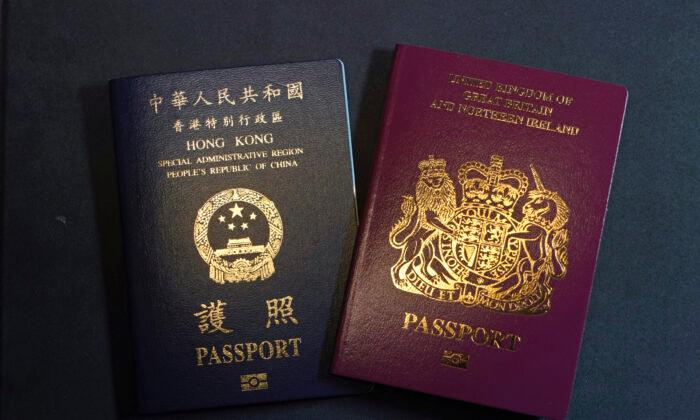NEW YORK—Last year in January, 15-year-old Phoebe Prince from Massachusetts ended her life after being bullied for several weeks at school and online. Hateful messages continued on her Facebook even after her death.
Jamey Rodemeyer, 14, from Williamsville committed suicide after suffering from a long period of cyber-bullying for his sexual orientation, according to his parents.
Jamie Isaacs, 15, from a village called Lake Grove in Suffolk county, founded the Jamie Isaacs Foundation for Anti-Bullying in response to bullying she experienced. She did not know that the foundation, the related website, and hotline would successfully save eight teenagers from hurting themselves after facing bullying from schoolmates on the Internet. She also never imagined that her experience would help officials in New York create and update anti-bullying laws to further prevent the act of bullying, especially cyber-bullying.
Senators Jeffery D. Klein, David Carlucci, and State Assembly Member William Scarborough, proposed a bill this month to amend the current state legislation about cyber-bullying. The bill proposes that all bullying carried out through electronic communication be classified as Class A misdemeanor, and the action of causing suicide through cyber-bullying be classified as a Class C felony.
Klein said the current legislation is not up to date with current technology. Bullying has moved from school yards to the Internet, and it has affected children’s daily lives through their phones and computers. He hopes that these disciplinary provisions will help strengthen education on anti-bullying and bring about changes that people can see.
According to the National Crime Prevention Council, 43 percent of adolescents have been bullied before. Cyber-bullying has played an important role in recent adolescent suicide cases.
Carlucci said cyber-bullying is the most painful because online messages are hard to delete.
Gabriella, a student at the Ursuline School, said that although she has not experienced bullying personally, she understands how cyber-bullying could cause students to feel unsafe. Victims cannot escape from it because it is carried out through mediums such as Facebook, MySpace, and cell phone messages.
Teen Angels, an anti-bullying organization, reports that 85 percent of adolescents in New York have been cyber-bullied before. Teen Angels has requested that the state legislature pass laws to prevent cyber-bullying.
Parry Aftab, Executive Director of America’s first anti-cyberbullying organization WiredSafety.org, said that because of the Internet’s virtuality, children who do not bully in real life may do so online. For example in Westchester, 75 percent of boys in school have participated in bullying before. Parents can seek help for their children by visiting stopcyberbullying.org and other websites.
Aftab believes that cyber-bullying may affect a victim’s whole life, so the proposed bill is very meaningful to the kids affected.
Translated by Yi Yang.



